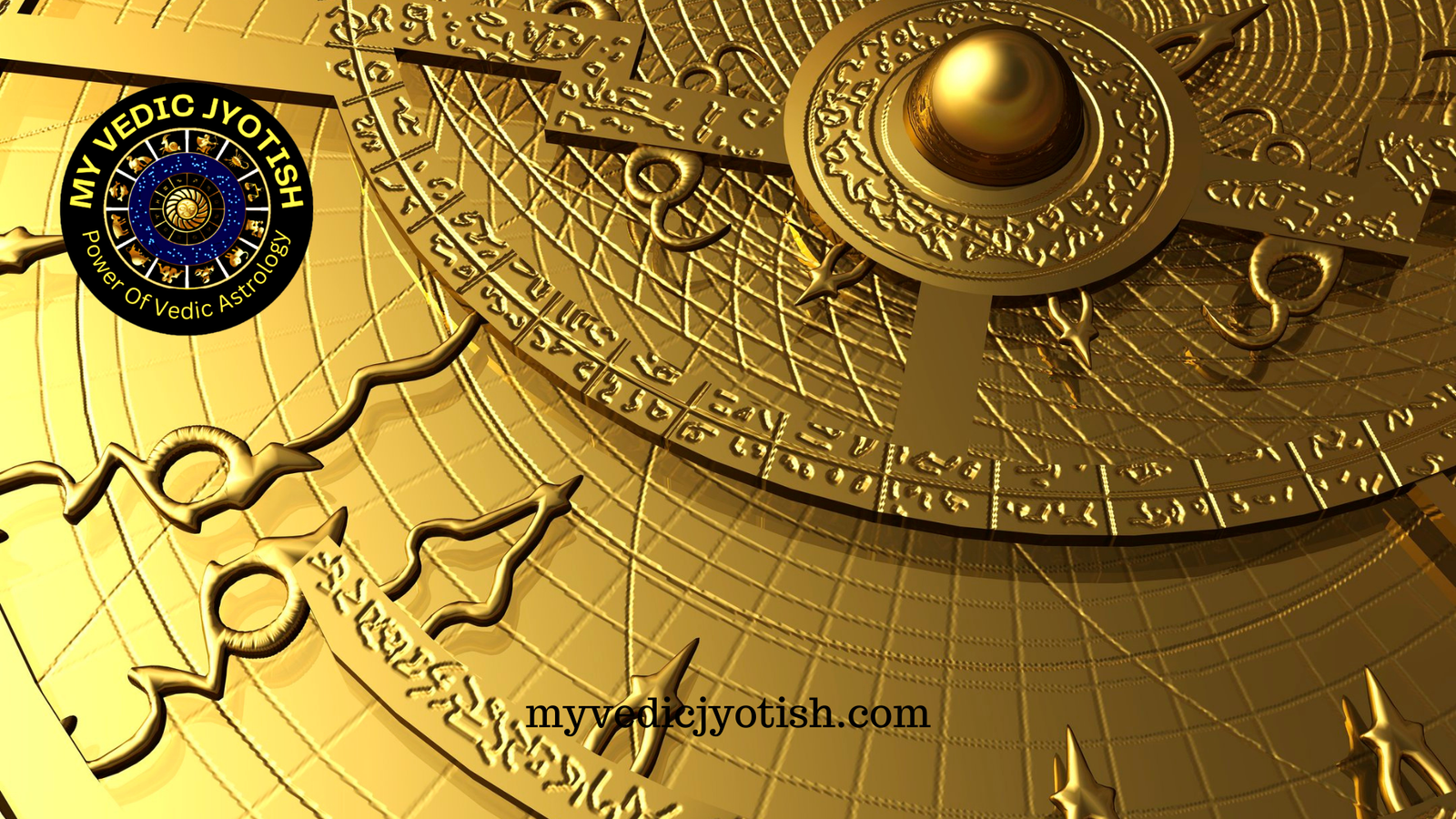In Vedic astrology, the Nine Planets, also known as Navagrahas, hold significant importance. These celestial bodies are believed to exert profound influences on human life, shaping various aspects and experiences. Each planet represents unique energies, qualities, and influences that contribute to an individual’s personality, behavior, and destiny. Let’s explore the characteristics and symbolism associated with each of the Nine Planets:
- Sun (Surya): The Sun represents vitality, individuality, and self-expression. It symbolizes leadership, willpower, and the pursuit of success. The Sun is associated with authority, confidence, and the father figure in one’s life.
- Moon (Chandra): The Moon represents emotions, intuition, and the subconscious mind. It influences one’s emotional well-being, sensitivity, and nurturing qualities. The Moon is associated with the mother figure, receptivity, and the capacity to connect with others emotionally.
- Mars (Mangal): Mars is the planet of action, energy, and passion. It signifies courage, assertiveness, and the drive to pursue goals. Mars is associated with physical strength, ambition, and the ability to overcome obstacles.
- Mercury (Budha): Mercury represents communication, intellect, and analytical thinking. It governs intelligence, wit, and adaptability. Mercury is associated with learning, writing, speaking, and the fields of education, commerce, and business.
- Jupiter (Guru): Jupiter is the planet of wisdom, expansion, and spirituality. It signifies knowledge, growth, and good fortune. Jupiter is associated with higher learning, philosophy, optimism, and the capacity for generosity and abundance.
- Venus (Shukra): Venus represents love, beauty, and harmony. It signifies relationships, art, creativity, and sensual pleasures. Venus is associated with romance, aesthetics, social grace, and the pursuit of pleasure and happiness.
- Saturn (Shani): Saturn is the planet of discipline, responsibility, and life lessons. It signifies hard work, perseverance, and the experience of challenges. Saturn is associated with karma, maturity, wisdom, and the development of inner strength.
- Rahu: Rahu is the North Node of the Moon and is considered a shadow planet in Vedic astrology. It represents worldly desires, materialism, and obsession. Rahu signifies ambition, illusion, and the pursuit of power and status.
- Ketu: Ketu is the South Node of the Moon, the counterpart of Rahu. It also functions as a shadow planet. Ketu represents spirituality, detachment, and the release of attachments. It signifies mystical experiences, spiritual growth, and the process of letting go.
Each planet’s placement and alignment in the birth chart, along with its relationships with other planets, houses, and zodiac signs, provide insights into an individual’s strengths, weaknesses, and life experiences. Vedic astrologers analyze these planetary influences to make predictions, offer guidance, and suggest remedies to enhance positive energies or mitigate challenging influences.
It’s important to note that the interpretation of the Nine Planets in Vedic astrology requires a comprehensive understanding of the birth chart and its intricate dynamics. Consulting with a skilled Vedic astrologer can provide a more personalized and accurate analysis of how these planetary influences manifest in an individual’s life.



